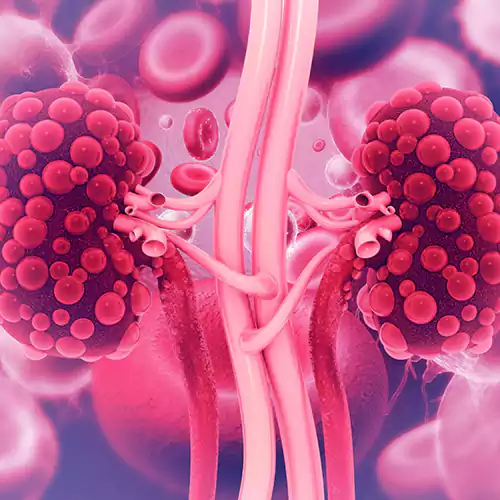Polycystic kidney disease is a genetic disorder that causes many cysts to grow in the kidneys. PKD cysts cause high blood pressure and problems with blood vessels in the brain and heart. Cysts in the liver can also occur with PKD.

Autosomal dominant PKD is often not diagnosed until later in adulthood. For this reason, health care providers often call autosomal dominant PKD “adult PKD.” In many cases, PKD does not cause signs or symptoms until cysts are half an inch or larger.
Autosomal recessive PKD is a rare genetic disorder that affects the liver as well as the kidneys. The signs of autosomal recessive PKD frequently appear in the earliest months of life, even in the womb, so health care providers often call it “infantile
PKD.”
PKD may require changes in what you eat to control blood pressure. Following a healthy eating plan can help lower blood pressure. A health care provider may recommend the DASH eating plan, which focuses on fruits, vegetables, whole grains, and foods lower
in sodium.